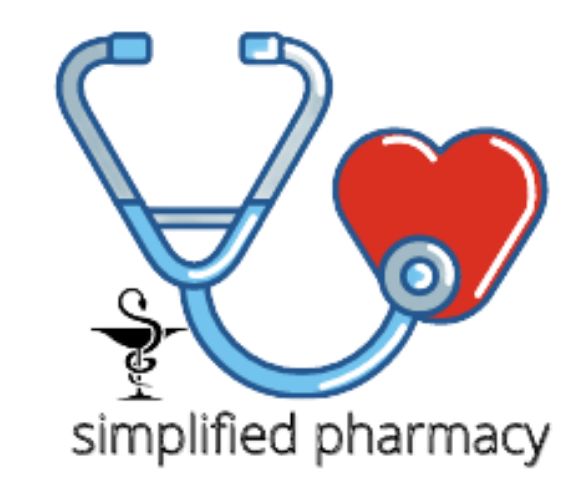You probably suffer form this bad headache on one side of your head. I guess that it is very annoying to be living with this? Ok I agree with you. Migraines affects the quality of life and can be limiting to your work and your life overall. So that’s why in this article we will jump ahead and explain everything you need to know and solutions for your migraines.
What IS A Migraine?
Migraine is a common neurological disorder. Basically migraines are caused by dilation of blood vessels in the brain. As a result, more blood is pushed through and therefore you get this pulsating, throbbing pain that you describe as headache. Migraine is also more common in females.
Symptoms Of Migraines?
Some of the symptoms of migraines include:
- Nausea
- Vomiting
- Photophobia (not able to tolerate light)
- Pulsating and throbbing pain on one side of the head
- Chills and sweating
- Fatigue
What Is An Aura?

Simply put, aura is a warning signals that secretly tell you that you are going to have and attack in the next 5 minutes to an hour. However, about 15% to 20% of people who experience migraines have auras. These signals include:
- Visual phenomena, such as seeing various shapes, bright spot, or flashes of light
- Vision loss in rare occasions
- Weakness or numbness in the face or one side of the body
- Difficulty speaking
- Changes in smell or taste
Risk Factors For Migraines
There are some risk factors that trigger your migraines. These risk factors include:
- Environmental: Bright light, loud noise, perfumes, smokes and drastic changes in weather.
- Food: Tyramine rich diet, red wine and chocolate.
- Lifestyle: Changes in sleep, intense physical activity, skipping meals, and stress.
- Genetics: Majority of migraines patients have a first degree relative who has the condition.
Treatment Of Migraines
When it comes to migraines, it is divided into two categories:
Over The Counter Medications
If you have mild migraine, then over the counter medications will be effective for you. These medications include ibuprofen, aspirin, acetaminophen, naproxen and caffeine.
Be cautious, overusing over the counter medications sometimes lead to rebound headache according to Medication Overuse Headaches. So basically you will be taking Tylenol for example with the hope of alliveating your headache, but then it gets worse, and you will keep wondering what’s going on.
Prescription medications
When it comes to migraines treatment, triptans meds are usually the main treatment.
Triptans are abortive therapy. It could be taken at any time during a migraine attack. However, taking it ASAP when the attack stars is the best.
Side Effects Of Triptans
Sure triptans can be a game changer for migraine patients, But be careful of these side effects:
- Nausea
- Dry mouth
- Dizziness
- Tingling sensation
- Chest heaviness
Don’t take triptans if:
- You have cardiovascular disease such as angina, heart failure or atrial fibrillation.
- If you are using any MAOIs such as: moclobemide.
- If you have Raynaud’s phenomenon.
- Caution if you are on antidepressants such as SSRI.
Tips To Deal With Migraine At Home
- Get enough sleep.
- Rest in a dark room when you have the attack.
- Try putting a cold cloth/ice pack to your head.
- Meditate to reduce the stress.
- Stay hydrated.
- Omega 3 may decrease the headache severity.
- Scalp massage can help relieve the pain.
DISCLAIMER
All content and information on this website is for informational and educational purposes only.
It does not constitute medical, psychological or health advice of any kind and we do not warrant that the information presented herein is free of any errors or omissions.
We are not providing medical, health care, nutrition therapy or coaching services to diagnose, treat, prevent or cure any kind of physical ailment, mental or medical condition.
Although we strive to provide accurate general information, the information presented here is not a substitute for any kind of professional advice, and you should not rely solely on this information.
Always consult a professional in the medical and health area for your particular needs and circumstances prior to making any medical or health related decisions.
What to read next?
https://simplifiedpharmacy.com/blog/

